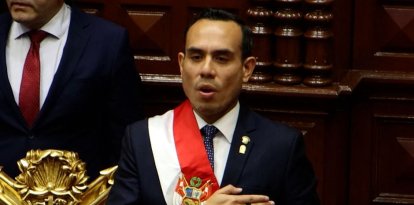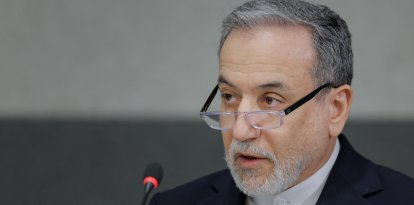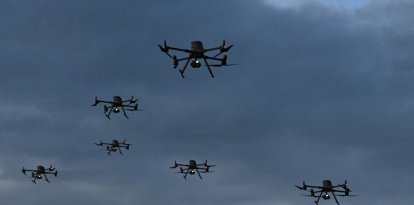Switzerland considers banning the use of electric vehicles to save energy
"The private use of electric cars is only permitted for absolutely necessary journeys," the drafted proposal states.

(Pexels)
In Switzerland, a new regulation is being discussed that would ban the use of electric vehicles to save electricity in the event of a crisis or severe energy shortage. The measure was included in the winter emergency plan announced by the Swiss government. It states that "private use of electric cars is only permitted for absolutely necessary journeys."
Swiss Draft Proposal by Voz Media on Scribd
One in 50 vehicles are electric
According to the proposal, in a scenario of a possible energy shortage, the country would implement a three-phase system of restrictions. Use of electric vehicles would be limited if the most prohibitive final phase were to be reached. The Swiss Federal Council said in a press release that "the aim is to implement restrictions that are optimally adapted to the respective situation, depending on the supply situation, the weather conditions and the consequences for the economy and the population."
The country's Federal Office of Economic Supply assured that just restricting or limiting vehicle recharging times would not generate notable electricity savings: "The time at which electric vehicles are recharged has no influence."
Although the government argues that the energy saved can be used to cover other needs, the rule has provoked discontent from many citizens who in recent years have abandoned combustion vehicles. About one out of every 50 Swiss cars runs on electricity.
More bans to save energy
In addition to the ban on the use of electric vehicles, the government has also put forward other cost-saving measures, such as asking citizens to limit the temperature of their washing machines to a maximum of 104°F and limit the heating of public buildings to 68°F. Hot water cuts are also planned in public bathrooms, and air conditioning would be banned in private homes.
Approximately one third of the country's energy comes from nuclear power. The rest is generated by a combination of fossil fuel, hydro, solar and wind power plants.
Following in France's footsteps
France was one of the first European countries to propose the imposition of these types of energy restrictions. The document "Prospects for the Electricity System for Autumn-Winter 2022-2023," presented by Prime Minister Élisabeth Borne, proposed to limit vehicle charging. This measure that would limit charging of electric cars during hours when "the electricity grid is under greater stress due to increased demand":
The ban on charging electric cars during these hours would affect private or communal garages. These restrictions are intended to reduce the country's electricity consumption by 1-5%, and up to 15% in the most extreme scenario.

























